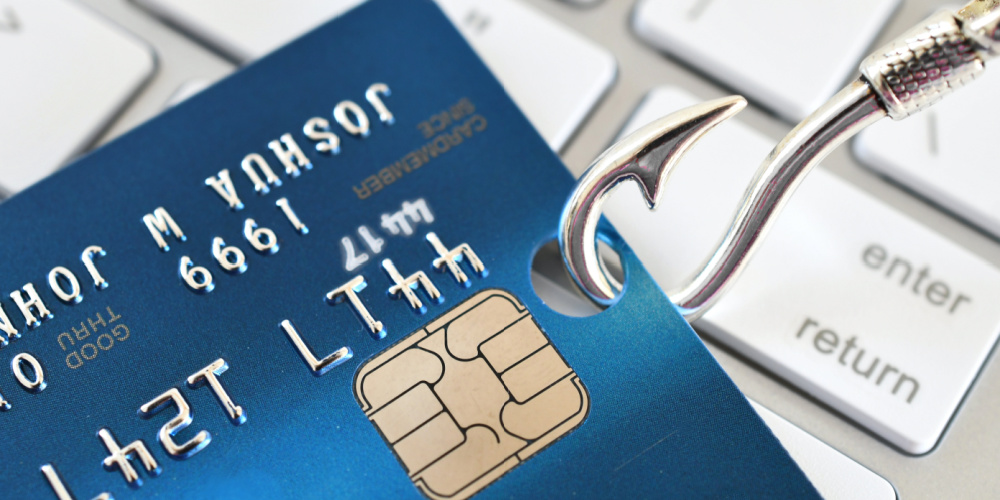Types of Mortgage Fraud to Keep an Eye Out For

Mortgage fraud, which is unfortunately prevalent, takes many forms. Let’s look at a few of the most common scams, and what to do if you suspect that something is off.
- Income Fraud. This is usually when the potential borrower overstates income to qualify for a better rate or a higher loan amount, often employing a range of easily available online resources to provide fake tax documents and false employment or income verification. In some cases, this includes identity theft, with the would-be borrower using another person’s financial information. Due diligence is needed on the part of the lender here, scrutinizing the legitimacy of documents and employment records.
- Occupancy Fraud. This is when the potential homebuyer (often an investor in disguise) falsely claims that the home will be occupied by the owner, usually to qualify for a lower mortgage rate with a higher loan-to-value ratio. Some telltale signs of occupancy fraud include large down payments, and an appraisal that calculates monthly rent.
- Appraisal Fraud. This may happen when a home’s value is overstated (usually by a corrupt appraiser) to allow the buyer to get a larger than needed loan, pocketing the excess money. Or a home’s value could be intentionally understated in an attempt to get the owner to sell for a lower price. If an appraisal seems off – out of line with a home value estimator – a lender can ask for an appraisal from a different appraiser. If the fraud seems blatant, one can report the incident to their state’s appraisal regulatory agency.
- Property Flipping. While home-flipping shows are TV favorites, the practice can involve fraud. That is, if the property is fraudulently purchased for below market value and quickly resold for profit, often with the assistance of a dishonest appraiser. Keep an eye out for recent foreclosures with this type of suspected fraud.
- The Straw Buyer. This is common when a person with good credit applies for a mortgage as a stand-in for the real buyer, often a disreputable investor who will ultimately receive the property title in a later transfer. Here, watch out for red flags that include funds that come from an entity rather than an individual, and a buyer who wants limited engagement with the lender.
Reporting Mortgage Fraud to Authorities
The FBI investigates the majority of suspected mortgage fraud cases, and you can report a suspicious borrower to them by phone at 202-324-3000 or online at tips.fbi.gov. In some states, the U.S. Attorney’s Office also investigates mortgage fraud. You can connect with the office in your state here.
For more information, you can connect with the loan experts at Luxury Mortgage Wholesale.
Let's Connect
Get In Touch
CORPORATE
Luxury Mortgage Corp.®
Four Landmark Square
Suite 300
Stamford, CT 06901
(888) 458-6267
WEST COAST
Luxury Mortgage Corp.®
18100 Von Karman Ave
Suite 350
Irvine, CA 92612
(949) 516-0710

